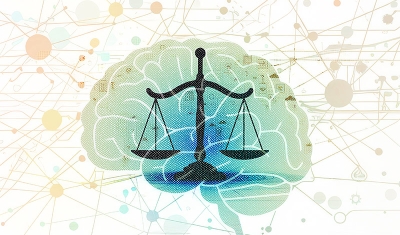'Short-term' Enforced Disappearances
Event


Adobe Stock
Enforced disappearances are a grave violation of multiple human rights regardless of their duration. However, enforced disappearances lasting only a short period of time (so called 'short-term enforced disappearances') pose particular practical and legal challenges. In 2024, the UN Committee on Enforced Disappearances and the UN Working Group on Enforced or Involuntary Disappearances adopted a joint statement on so-called short-term enforced disappearances, reaffirming that there is no duration requirement for an enforced disappearance to occur, and emphasizing particular relevant obligations of States to prevent, investigate, and provide truth, justice, and reparation to victims and their families in such cases.
Join as for the launch of the joint statement on so-called short-term enforced disappearances. The side event will bring together stakeholders to discuss the growing concerning recurrence to short-term enforced disappearances worldwide, the challenges they pose for victims and accountability, and the preventive measures that States must implement. It will be an opportunity to deepen understanding of this phenomenon and strengthen collective efforts to ensure that no enforced disappearance remains invisible or without redress.
Speakers
- Juan Pablo Alban Alencastro, Rapporteur of the UN Committee on Enforced Disappearances
- Grażyna Baranowska, Vice-Chairperson of the UN Working Group on Involuntary and Enforced Disappearances
- NGO Speaker TBC
Moderation
- Felix Kirchmeier, Executive Director, Geneva Human Rights Platform













